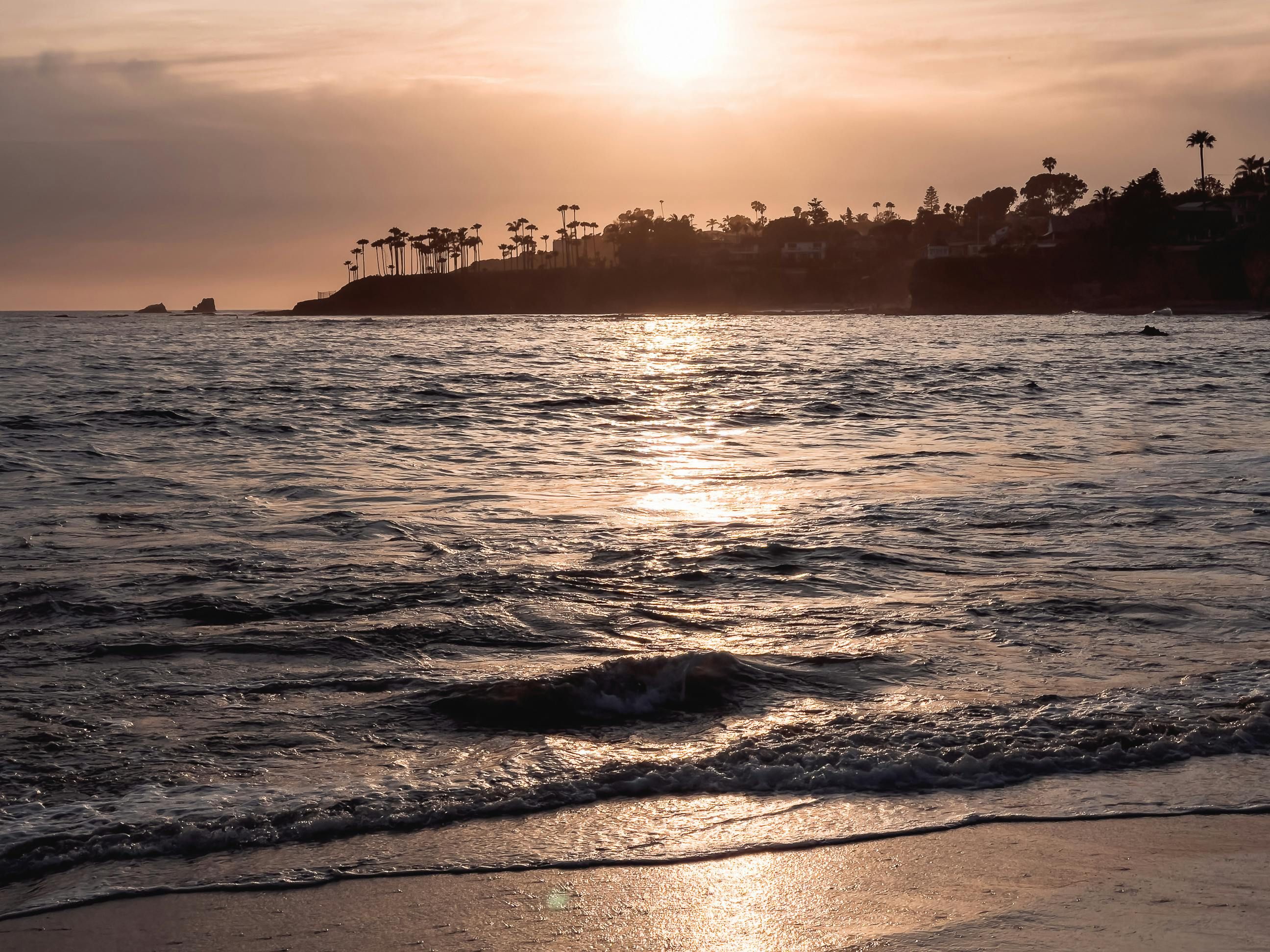AI in High-End Cooking: A Double-Edged Sword
Artificial Intelligence Wins Over Top French Chefs for Kitchen Usage
By Adam Plowright / AFP, PARIS
At this year's annual gathering of France's elite chefs for the Michelin Guide awards, the buzz wasn't just about eateries gaining or losing stars. AI became the hot topic of conversation.
"AI [Artificial Intelligence] was the main discussion at a table of 12 chefs," shares Matan Zaken, owner of the one-star Nhome restaurant in Paris. Some chefs are cautious about admitting their use of AI services such as ChatGPT for recipes and creative inspiration, due to the ego-driven nature of the industry.
Zaken, however, has embraced the technology wholeheartedly, acknowledging its potential for producing surprising and innovative ingredient pairings.
"You have to move with the times," he stresses. Zaken collaborated with French digital art collective Obvious Art, using AI-generated photographs of food to inspire dishes served at a private event. The creative process was reversed, starting not with the ingredients, but the visual representation of the dish.
Yet, not all chefs share Zaken's enthusiasm. Some fear that AI may disrupt the traditional human-centric kitchen environment, replacing the creative process with algorithms and calculations.
"Artificial intelligence cannot replace the human touch, the palate of the cook," asserts French celebrity chef Philippe Etchebest. He believes AI can only replicate human jobs in other sectors, but not in the culinary field.
Meanwhile, others worry about the erosion of artisanal values and the intangible essence of cooking that stems from human-to-human transmission and a connection to local culture and produce.
"It's not really in the spirit of our business," expresses Thibaut Spiwack, a young chef running Anona, an eco-friendly one-star restaurant in Paris.
On the flip side, AI's impact on operational efficiency cannot be overlooked, as it aids in managing tasks like staff scheduling, menu optimization, cost estimation, and carbon footprint calculations.
Experts like Raphael Haumont, a food chemistry expert, envision a future where AI and robots eliminate mundane kitchen tasks, such as peeling potatoes, freeing human chefs to focus on creativity and innovation.
As the intersection of technology and culinary arts evolves, the future of high-end cooking remains a tantalizing mystery—at once filled with promise and fraught with uncertainty. Balancing the creative spirit with the efficiency of AI will be the key to a culinary revolution that delights the palate and appeals to contemporary sensibilities.
- Chefs like Matan Zaken from Nhome restaurant in Paris are openly embracing the use of AI services such as ChatGPT for unique recipe ideas and innovative ingredient pairings.
- AI-generated photographs of food were used by French digital art collective Obvious Art to collaborate with Zaken, inspiring dishes served at a private event, a reversal of the traditional cooking process.
- While some chefs include Zaken view AI as a tool for progress, others are cautious or fearful, expressing concerns about disruption to the traditional human-centric kitchen environment and the potential erosion of artisanal values.
- Despite these concerns, AI's impact on operational efficiency, such as staff scheduling, menu optimization, and carbon footprint calculations, cannot be ignored.
- Food chemistry expert Raphael Haumont envisions a future where AI and robots take over mundane tasks, freeing human chefs to focus on creativity and innovation, creating a balance between the creative spirit and the efficiency of AI in the culinary revolution.





